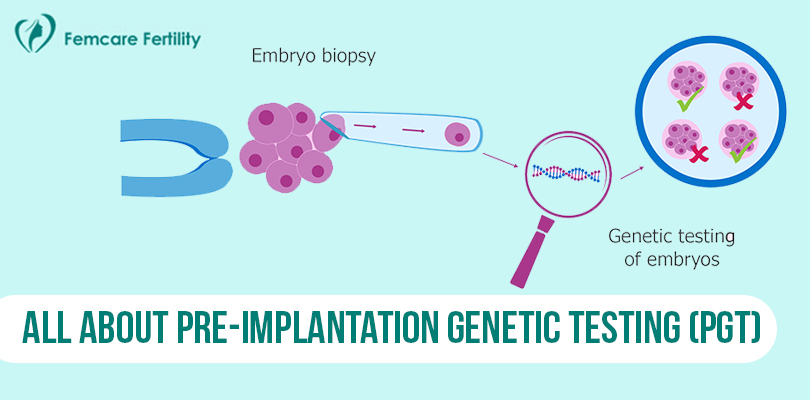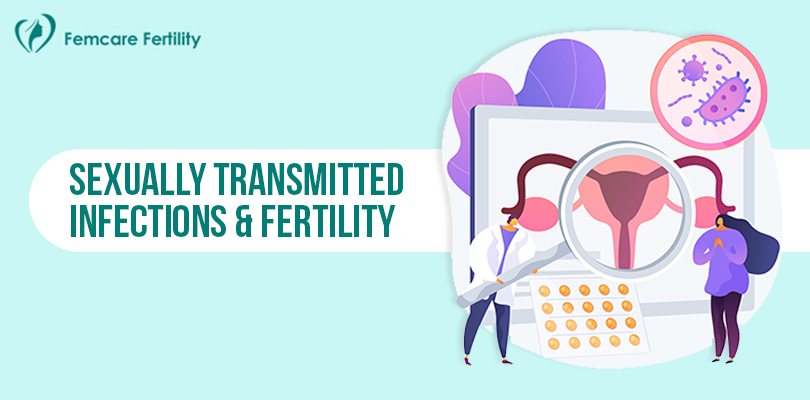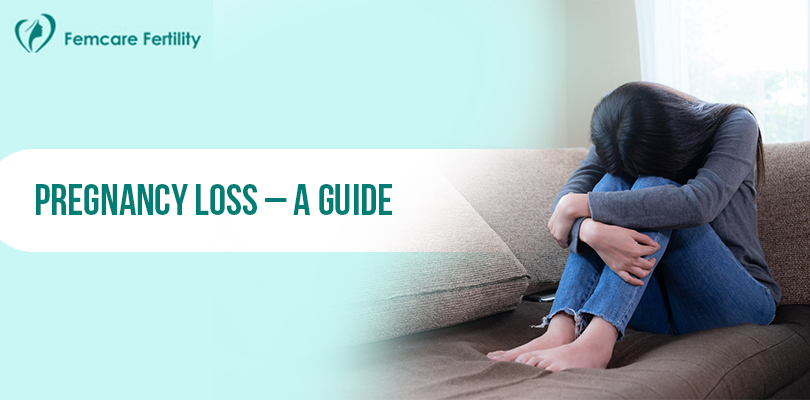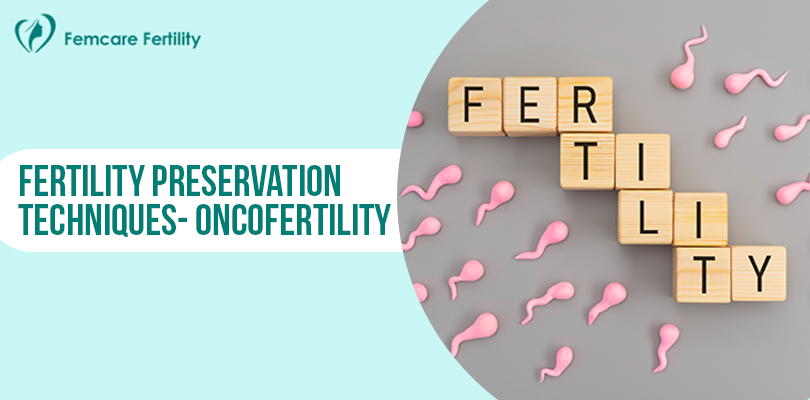What is pre-implantation genetic testing (PGT) all about?
PGT is an advanced technique in the field of assisted reproduction wherein embryos created by IVF can be tested for genetic conditions and only the normal ones are transferred for pregnancy. The nonviable embryos are identified prior to pregnancy, possibly averting future heartache. This is known to greatly improve the chances of successful, full term pregnancies and healthy babies!
Before diving deeper into PGT, lets familiarise with its common lingo:
- Chromosomes – Packets of DNA coiled together in the cells. Total number is 46, arranged in 23 pairs
- Genes - Functional parts of the DNA providing instructions for all bodily processes Chromosomes and genes are inherited by the babies from both parents
- Aneuploidy - Addition or deletion to the total chromosomal number
- Structural chromosomal rearrangement – Rearrangement in the chromosome shape and structure like inversions or translocations. It can be balanced which doesn’t lead to any problems or unbalanced which can cause issues with pregnancy/ baby
- Single gene disorders/conditions - Caused by defect(s) in genes. Most of these conditions greatly reduce the quality of life due to physical and/or intellectual disabilities which cannot be treated. These can be inherited from both unaffected carrier parents or an affected parent or newly occur in the baby.
Whom does PGT benefit and how?
PGT can be beneficial for most couples undergoing IVF to improve success rates as not only healthy looking but also genetically healthy embryo(s) are transferred. This saves the couple from losing time as well as alot of emotional, physical and financial strain.
It is especially helpful when:
- Intended mother-to-be is over 35 years of age;
- History of recurrent pregnancy losses (RPL);
- History of chromosomal problems in the previous fetus or baby;
- Chromosomal rearrangement carrier couple/partner
RPL is most commonly associated with chromosomal aberrations (70-80%). Risk of aneuploidies and thus repeated abortions or baby with certain genetic disorders like Down syndrome increases with the mother's (eggs’) age over 35 years as division of chromosomes is impaired. If either partner or couple is a carrier of a balanced chromosomal rearrangement, there is a risk of the embryo having an unbalanced component which can affect implantation/growth, cause miscarriages or birth defects in the baby.
- Couple is carrier for a genetic disorder
If either partner or couple is a carrier for certain genetic conditions, the baby is at 25- 50% risk of having that genetic problem. PGT for that disorder can help prevent passage of that disease to the future generations
- Couple with unexplained infertility and failed IVFs
- Infertility due to the male factor
- Aid in considering single embryo transfers. Only one of the most genetically fit embryos is transferred for pregnancy with confidence of implantation and growth, instead of transferring multiple embryos. This reduces multiple gestations and associated complications.
- Helps when parents want to store embryos for future pregnancies. If the created embryos are screened earlier, only normal, healthy embryos can be frozen.
- Chromosome number gets halved in eggs before fertilization. Women’s eggs can thus be screened for chromosomal errors by PGT prior to freezing or fertilization. This is especially useful in cases of eggs for donation and fertility preservation for a lady undergoing fertility-affecting treatments.
- Prevent the emotional and/or religious issues of pregnancy termination in case of an affected fetus diagnosed in pregnancy.
PGT is known to test embryos with about 98% accuracy. This can improve the success rate of IVF to almost 70% and reduce miscarriage rate to 10-15% from 30-45% according to various research studies.
Types:
Pre-implantation genetic studies gained momentum after the first successful PGT in 1990 for specific X-chromosome related genetic conditions.
Initially it was divided into Pre-implantation genetic screening (PGS) and Pre-implantation genetic diagnosis (PGD). With the advent of newer techniques, an umbrella term has now been coined - Pre-implantation genetic testing.
PGS or PGT-A (aneuploidy) – Screening of all 46 chromosomes of the embryo for aneuploidies
PGT-SR - Screening for unbalanced chromosomal structural rearrangements
PGD or PGT-M (monogenic) – Testing for the specific single gene disorder(s) in the family
PGT-HLA - Testing embryos for specific transplantation markers with the intention of having a matched donor for an affected living child (for cancers, thalassemias)
How is it done?
PGT involves: IVF for embryo formation → Removal of cells from the embryo → Genetic testing on the cells → Transfer of genetically normal embryos into the mother
Cell biopsy technique - Then
When introduced, PGT was done on day 3 embryos at 6-8 cell stage when the cells are not differentiated. This made the embryos prone to damage if a vital part was removed leading to unviability. Also since only a single cell could be retrieved, the amount of DNA was very little and result accuracy was lower.
Cell biopsy technique - Now
PGT is now done on blastocyst embryos after day 5 (around 100-200 cells), when the embryos have differentiated into cells which will develop into the baby and ones that will form the placenta. Multiple cells from the placental (trophoectoderm) layer can be taken without disturbing the embryonic cells (inner cell mass) which provides more DNA quantity and better result accuracy. Damage to the developing embryo is also negligible. These cells are sent for testing and the embryos are usually frozen until the results are available, before transferring.
Genetic testing advancements
Initially the only genetic test available was FISH, which could test for just specific chromosomal conditions and not analyse all chromosomes together. Single gene conditions could not be detected by this test.
This was followed by use of microarray for comprehensive testing of all 46 chromosomes for aneuploidies or unbalanced rearrangements.
The newest technique used for PGT-M is next generation sequencing (NGS). This technique can reliably screen the entire DNA pattern for small aberrations as well as for specific single gene conditions in the family.
After transfer of normal embryo(s) and pregnancy confirmation, regular ultrasounds, screening tests and pregnancy care are recommended.
Other side of the coin - Limitations
- PGT cannot guarantee genetically normal babies as not all genetic/ birth defects can be detected in any embryo. If chromosomes are being tested, single gene conditions cannot be diagnosed unless tested for and vice versa
- There may be results which cannot be interpreted directly as causation and extent of the problem cannot be predicted. Some genetic changes may be related to adult onset conditions which may not necessarily occur. Conditions affected by environmental factors in which genetics play a small part cannot be ascertained by PGT
- PGT cannot assure 100% implantation, term pregnancy and live birth as many physical and environmental factors play a part in these processes
- One of the types of PGT results is mosaic embryo, that is the embryo shows 2 different types of cells (few cells normal, few abnormal). These may interfere with the result accuracy and are not usually transferred
- High cost of PGT, technical expertise for biopsy. Very rarely, cell removal may damage the embryo
- Embryos need to endure freezing-thawing till genetic test results arrive. The woman may need to undergo frozen embryo transfer in another cycle
PGT is a relatively new technology with great advancements. It requires specific expertise to be able to provide accurate results and successful outcomes. Femcare Fertility, at its state- of-the-art best infertility clinic in Pune, is equipped with the latest PGT infrastructure. Our embryologists are highly trained and experienced for such a precise job.
The best infertility specialist in Pune guides you through these processes and appropriate tests to help propel your journey in the right direction.
We provide low cost IVF in Pune along with PGT for maximum couples to be able to gain benefit from it.
Note: PGT can help in identification of common chromosomal and specific genetic conditions. The babies are not "designer babies" wherein all characteristics of the baby can be chosen.





